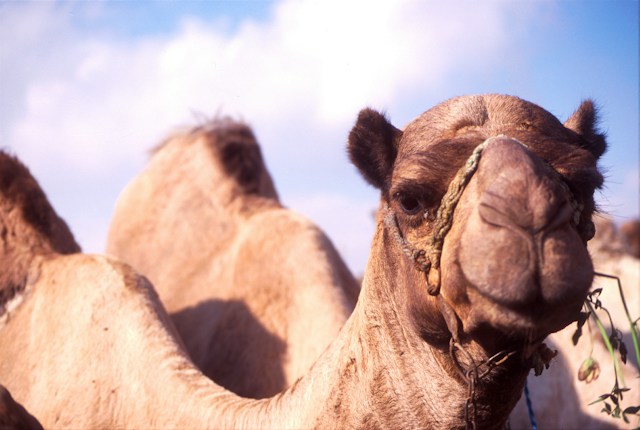A recent study emphasizes the potential benefits of camel milk, highlighting its ability to reduce the risk of heart disease in individuals with diabetes and its effectiveness in treating dyslipidemia.
Camel milk consumption lowers bad cholesterol in diabetics
Dyslipidemia, an imbalance in lipids, including cholesterol, LDL-C, triglycerides, and HDL, can result from various factors and lead to cardiovascular disease. The study featured in BMC Complementary Medicine and Therapies reveals that regular consumption of camel milk by diabetics significantly lowers cholesterol, reducing the risk of heart disease.
Researchers conducted a comprehensive search across nine databases up to December 31, 2022, analyzing randomized clinical trials (RCTs) on type 1 and type 2 diabetes patients. Results encompassed effect sizes for cholesterol components (triglycerides, total cholesterol, very low density lipoprotein, low density lipoprotein, and high density lipoprotein) expressed through mean differences (MD) and confidence intervals (CI).
Consuming camel milk (CM) led to significant reductions in TC, TG, and LDL levels, with an increase in HDL levels among diabetes patients. Those with type 1 diabetes experienced more pronounced benefits compared to type 2 diabetes patients.
Camel milk as an adjunct therapy for dyslipidemia
The authors conducted a systematic review and meta-analysis of randomized controlled trials to determine the impact of camel milk consumption on lipid profiles in diabetes patients. While their findings aim to address the controversy, they stress the need for more trials with larger samples and longer durations to enhance the evidence’s robustness.
Research indicates that camel milk may serve as a beneficial adjunctive therapy for managing dyslipidemia in patients with Type 1 and Type 2 diabetes. The long-term use of CM (over 6 months) is suggested to improve lipid profiles by reducing TC, TG, and LDL, while increasing HDL levels.
University of Sharjah’s Professor Moez AlIslam Ezzat Faris reveals promising implications for Gulf Cooperation Council countries, emphasizing the positive impact of camel milk consumption on diabetes patients. Those who consumed camel milk exhibited significantly lower levels of cholesterol, TG, and LDL, with even more pronounced effects in patients consuming fresh camel milk for over six months, particularly in type 1 diabetes patients.


